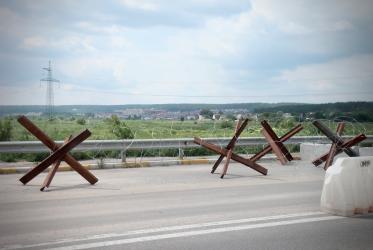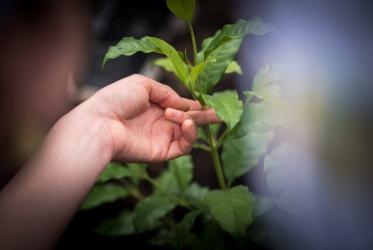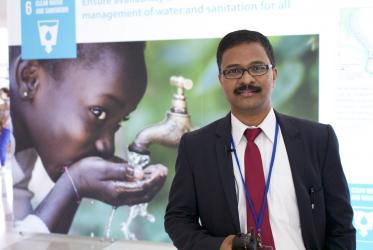Affichage de 1 - 20 de 63
07 Février 2024
Répondre aux besoins humanitaires en Ukraine
27 Septembre 2022
Ukraine: Responding to humanitarian need
08 Septembre 2022
Un colloque œcuménique de réflexion théologique sur l’écologie
18 Février 2021
Churches should use their voice on climate change
26 Février 2020
WCC helps local French community say “no” to bottled water
11 Juillet 2019
WCC expresses sadness, solidarity after Notre Dame fire
16 Avril 2019
Churches in France encourage ecological conversion
24 Janvier 2018











